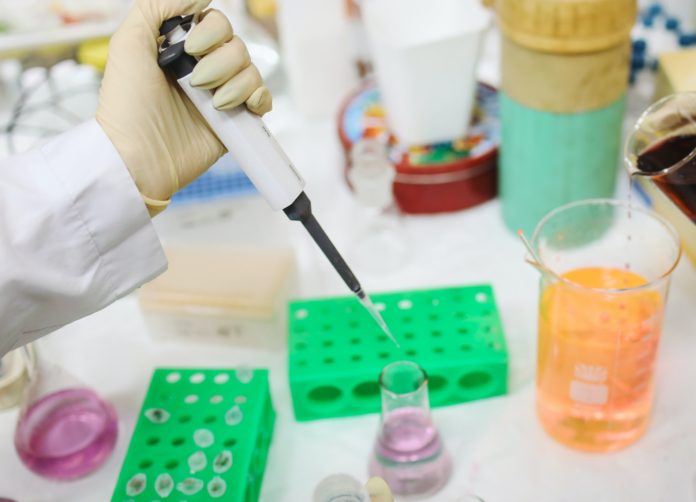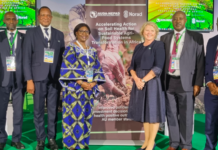By Clifford Akumu
Nairobi, Kenya: The Canadian government has announced Sh1.2 billion (CDN 1.5million dollars) support to strengthen Kenya’s response efforts to control the spread of the Covid-19 pandemic.
The grant will be used by the World Health Organization-Kenya office to ramp up the country’s surveillance, testing capacity with a focus on vulnerable populations and contact tracing across the counties even as the country enters what experts now warn is a “dangerous phase” of the virus’s spread.
Dr. Rudi Eggers, WHO Representative, Kenya while acknowledging the support noted that the grant will also be used to build the capacity of health workers to engage communities and work with the community and religious leaders, women, youth, special groups to embrace behavior change.
He noted radio messaging will be used to reach groups in remote locations, using local languages. Additional technical personnel will be deployed to the counties to support these activities.
“We are at a very critical part of the response and looking at other parts of the African continent, things do not look great for Kenya. We need to scale up the effort with much-needed resources so that health care workers and disease tracers can do what is required to curtail the spread of the virus. We truly thank the Canadian Government for this generous grant, “Dr. Rudi Eggers said during a live webinar.
The announcement comes on the backdrop of an increase in infections with the latest Heath ministry update indicating that additional 671 positive cases were recorded Wednesday bringing the country’s new infection tally to 23,873. Out of the positive cases,385 were male and 337 female.
But on a positive note, the country recorded the highest recovery of 603 people, since it first reported a positive case on March 13. Dr. Eggers pegged the rapid rise in recovery to the incubation period of the virus.
Dr. Eggers notes that some of the challenges of taming the virus which has battered the economy in Kenya, ranging from the inability to do contact tracing, lack of reagents, technicians to carry the tests, provision of health care services among others.
“There should be a realization that this is no longer a rich man’s disease, a Nairobi, or Mombasa. It is not yet the time to give up, it all now boils down to individual responsibilities to adhere to the health guidelines. At WHO, we are in for the long haul,” Dr. Eggers noted.
Dr. Eggers further noted the world health body is committed to supporting the country as it goes through the critical stage.
Lisa Stadelbauer, High Commissioner of Canada to Kenya stressed the country’s continued support in fighting the communal spread of the virus with various ongoing initiatives in informal settlements across Kenya.
She noted the good work on taming the virus curve from WHO and Kenya’s government urging citizens, “it is certainly not the time to give up the fight against the pandemic”.
“As we`are seeing from around the world, the only way that we can open up our communities and economies safely, so people can return to work, is for individuals to follow the health guidance that we now know all so well. Canada urges individuals to heed the best practices to stop the spread of the virus. We thank WHO Kenya for their tireless efforts to slow down the spread of COVID in Kenya,” said Stadelbauer.















